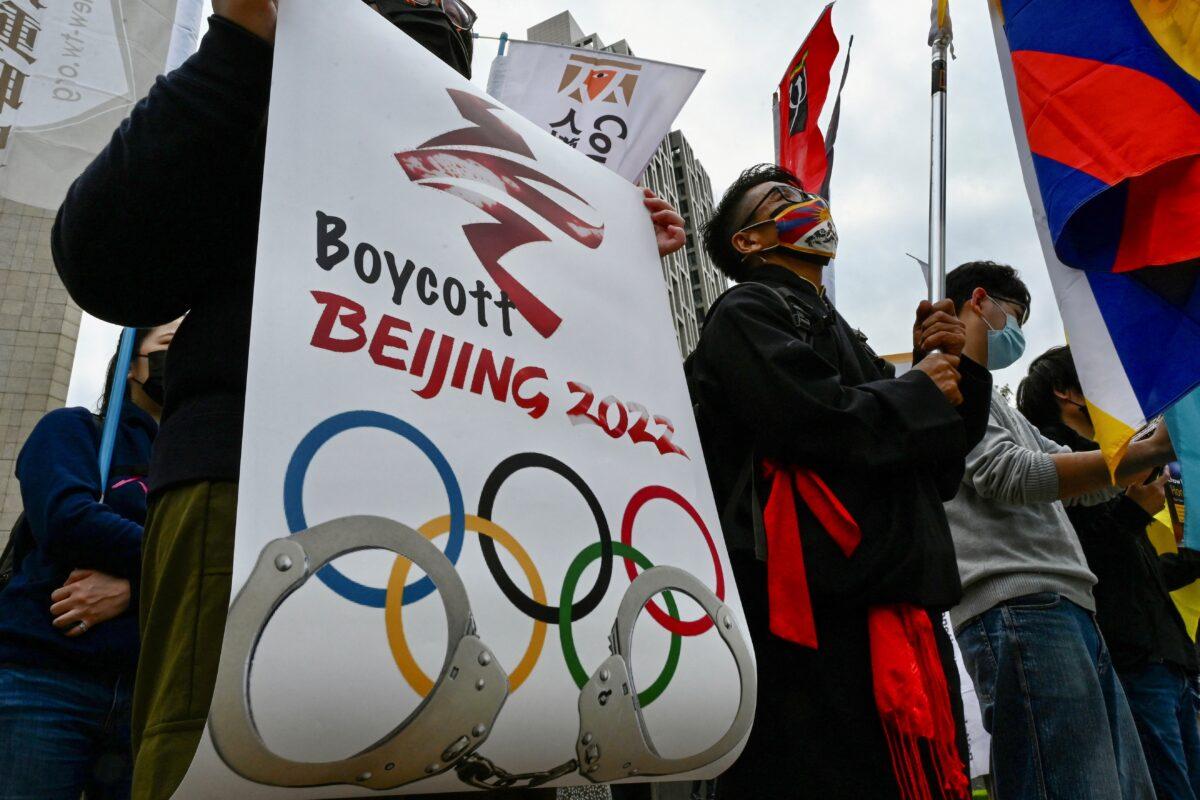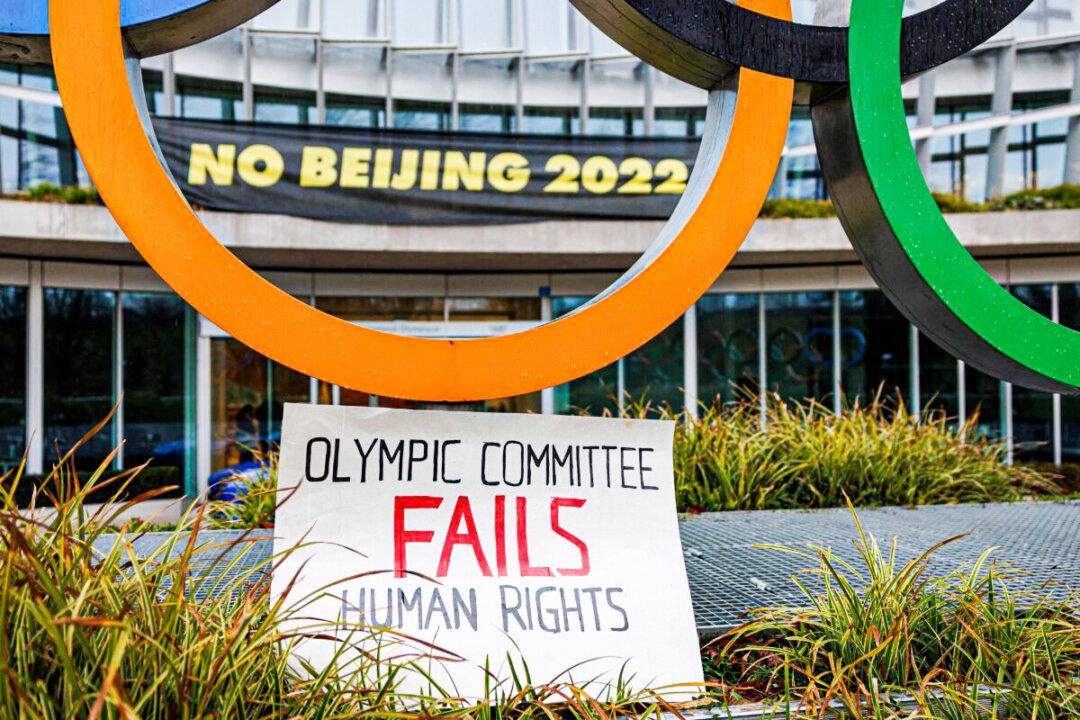The communist regime in China is going to be a bigger threat to the international rules-based order after the Beijing 2022 Winter Olympics, a China expert warned.
“The regime is going to become, I would expect, even more hostile to the established order than it has been before,” said Bradly Thayer, adding the Games would embolden Beijing to increase its push against some democracies, particularly India and Taiwan.
China also hosted the 2008 Summer Olympics and Thayer explained that the Chinese Communist Party (CCP) sees the Games as an opportunity to boost its “prestige,” as well as “forcing the world to recognize what [the] CCP has accomplished.”
“It also allows Beijing to project the message that the future belongs to China,” he added.
Inside China, Thayer said that China’s current human rights abuses are “going to remain and certainly will tighten” next year after the Games.
The 2022 Winter Olympics are scheduled to start in China’s capital of Beijing on Feb. 4 next year and end on Feb. 20.
In response to the U.S. boycott, China’s foreign ministry said that it will take “absolute countermeasures” and the United States will “pay a price” for its decision.

It was a “moral failure of the West,” Thayer said, that the Chinese regime was allowed to host the event. As for the U.S. diplomatic boycott, he said it was “the least” of what the United States should do.
“So much more should have been done by the Biden administration. They should have worked far earlier, to bring about a coalition of nations to send very important signals to the Chinese regime,” he said.
The safety of U.S. athletes was also discussed during the webinar, particularly over whether the Chinese regime would kidnap U.S. athletes as retaliation against the United States.
On the kidnapping concern, Laura Harth, campaign director and human rights activist at Madrid-based Safeguard Defenders, said, “I would say it’s too far-fetched … imagine the backlash.”
“I’d be very careful if I were just an athlete. And I’d be very careful I were the governments or the National Olympics Committee sending them,” Harth added.
Harth pointed to a case involving Jeff Harper, a former Iowa Wesleyan University basketball player. Harper was held in isolation at an apartment complex in the southern Chinese city of Shenzhen for eight months before he was released in September 2020. He was detained and accused of causing a man’s death following an altercation.






